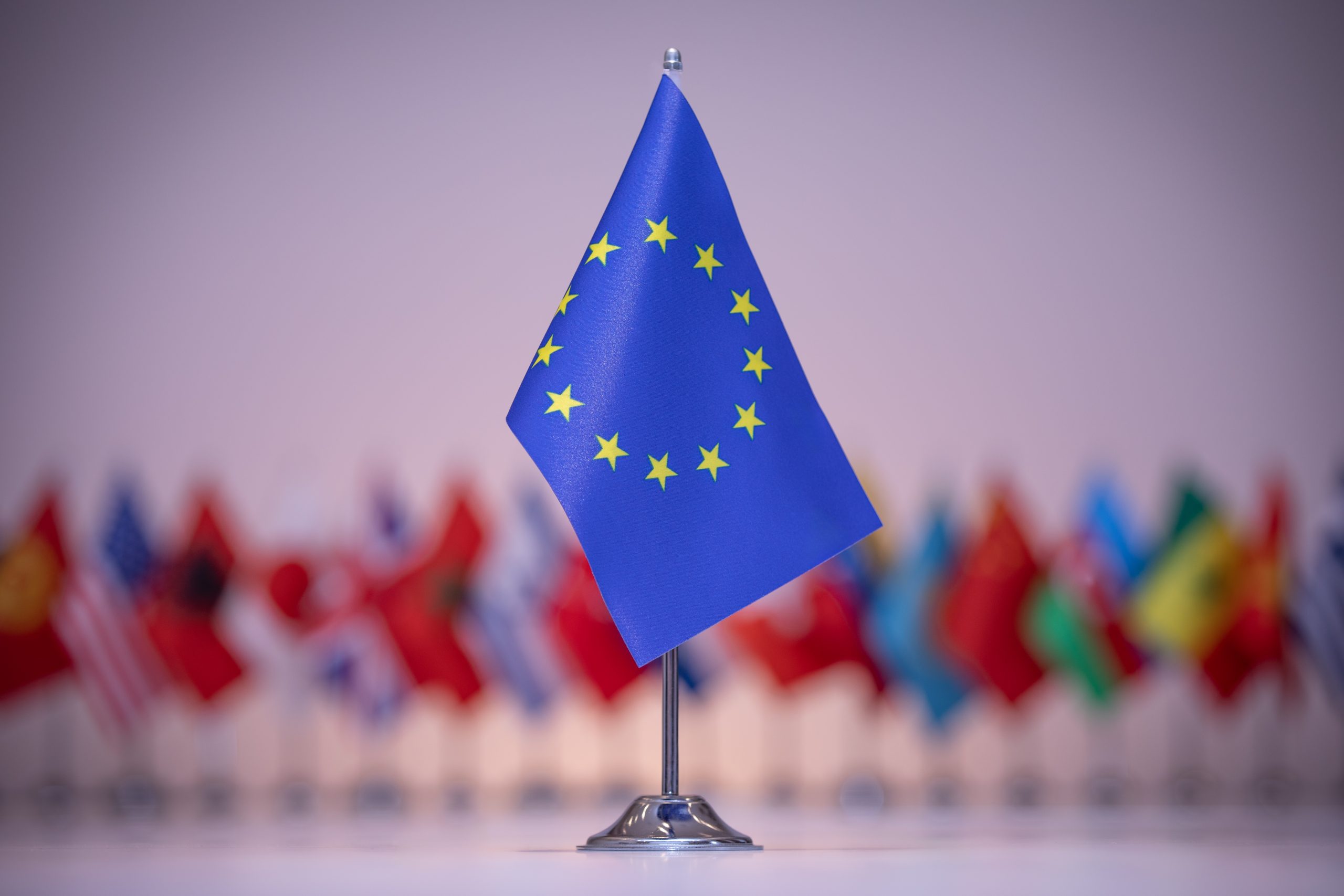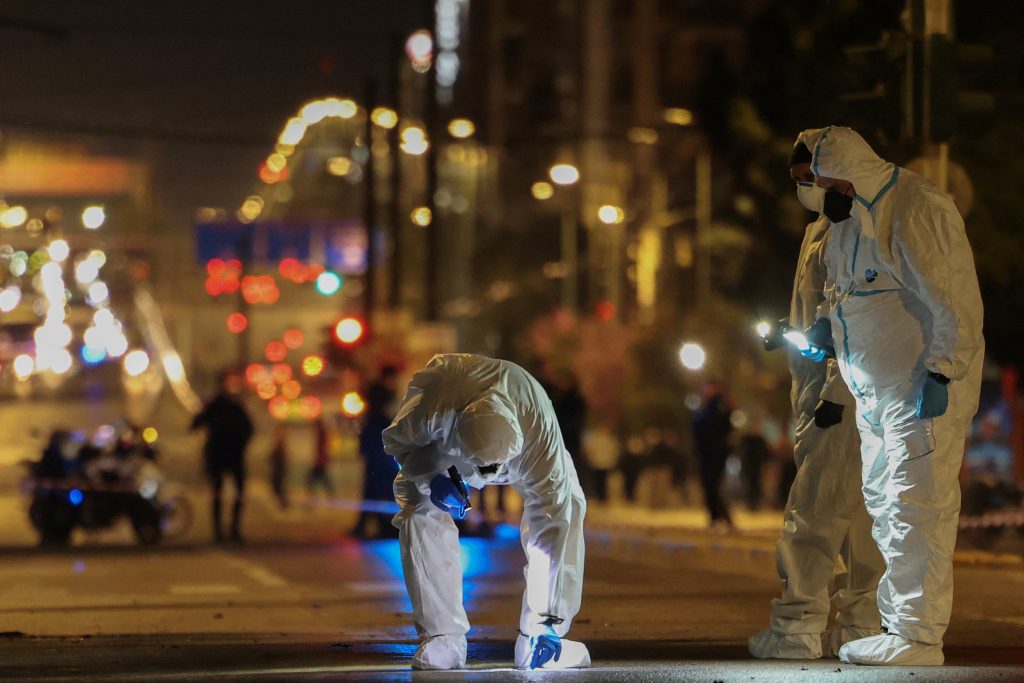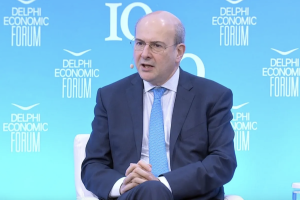Unfortunately, the European Union lacks a clear and coherent vision for its future. This observation arises all the more poignant by the widespread uncertainty ahead. This isn’t just a minor slip-up; it points to a deeper, systemic confusion within the Union. It affects member states, interested parties, and individuals who seem unsure about the future.
Not long ago, the Commission’s leadership, in a quintessentially Brussels-esque manner, launched a campaign predicated on six principal objectives. Yet, in typical fashion, this platform attempted to encompass a broad set of priorities, many of which found little resonance or practical application. They overlap and, at times, reveal the commissioners’ contradictory portfolios.
Barring evident strategic deficiencies, two key points stand out clearly. First, the President holds the main decision-making power, like it or not. Second, the Commission is actively working on urgent issues like defence, industrial energy, and technology. These undeniably are the spheres of imminent significance in the forthcoming landscape of international relations and geopolitical shifts. Every party interested should thoroughly review the relevant Report by Mario Draghi.
On the other hand, the latest European Parliament Youth Survey of 2024 sheds light on what young people across the EU, aged 16 to 30, are worried about. Notably, their anxiety over escalating prices and the cost of living affects some 40% of this age group. Additionally, a significant fraction advocates for a concentrated focus on environmental and climate issues. In the forthcoming five years, this will be paralleled closely by concerns over economic stability and job creation. Such priorities reflect not only the values instilled in these young Europeans but also their legitimate expectations of their contributions shaping the quality of their lives within the Union.
Both of the above truths, realities, hold weight and are completely different. The instituted leadership focuses on reality ‘X.’ The future, the youth who’s going to inherit that case ‘X’, is only interested in another reality ‘Y’. To move forward, though, we need to strip away the illusion of a single, universal truth. Reality is, at its core, a matter of perception—people see it differently. Mathematical truths exist, sure, but that hasn’t stopped climate change deniers. World leaders either refuse to believe in climate change or, worse, act as if it doesn’t matter.
Yet, herein lies the crux of the issue: the dissonance between the immediate realities faced by individuals and unavoidable systemic truths. The ability to reconcile these realities—acknowledging the visceral struggles of everyday life against the backdrop of stark political necessities—remains elusive.
This conundrum invites confrontation with the very essence of political decision-making. There is a necessity to choose decisively, to prioritise and to act upon. To do so with both timeliness and resolve. It is a matter of moral imperative, not just of policy preference. There, the Union’s leaders must exhibit capacity and resolve, to stand by their choices. Recognisably difficult though they may be.
The ongoing dearth of vision and suboptimal decision-making serves as a call. It underscores a pressing need for introspection. A need to redefine relationships among the electorate and decision-makers. If there is discontent, it is perhaps most constructive to seek answers within. But where does the responsibility of choice—and its consequences—rest? With those at the helm or the collective citizenry? After all, in a democracy, the quality of governance isn’t ultimately a reflection of its electorate?
Will the Union evolve into an influential entity or succumb to irrelevance and failure? This is no longer the query. The question is of the availability of time to address the above. Undoubtedly, at this point, results cannot be guaranteed.
Thus, capacity and resolve remain key. There is a need for a strategic culture praying action over reaction to arise. Actions, though, delineate meaning. They sculpt existence. Without proactive engagement, the narrative slips from our grasp, leaving decisions to be made without our input—as they often are. We cannot afford to leave our future to chance. The stakes involve not only the immediate threats but also a broader existential crisis. One that confronts European integrity and its foundational values. Engaging vigorously in political and societal arenas becomes a necessity to preserve what is most cherished in our European narrative and the dispersed fabric of our society.
Advocacy for principles worthy of defence can only be realised away from the current state of lethargy and individualism. This demands a deep dive into the realm of political engagement for those looking to be the architects of their own history rather than its victims.



